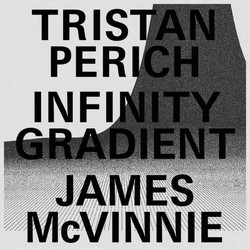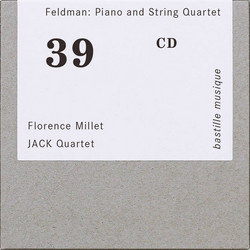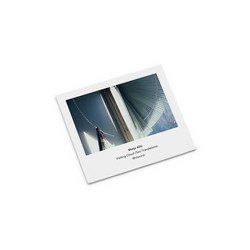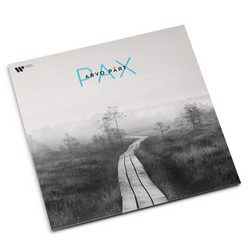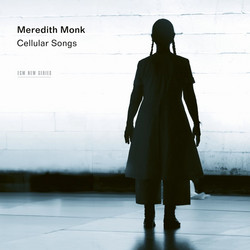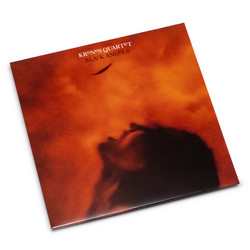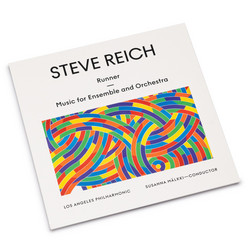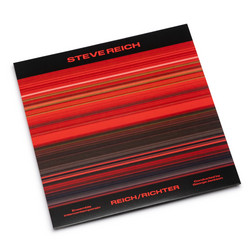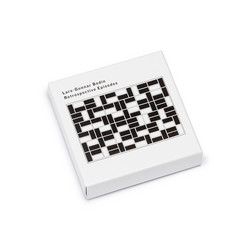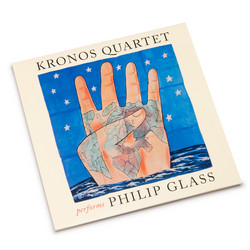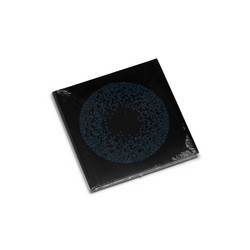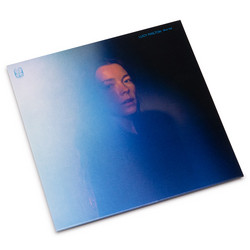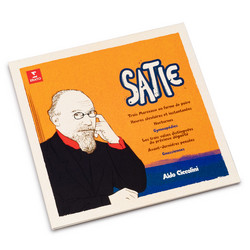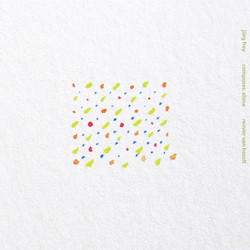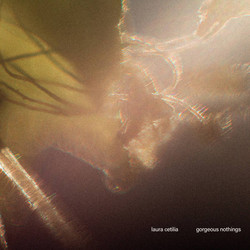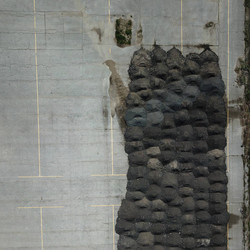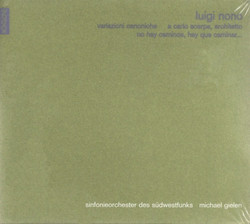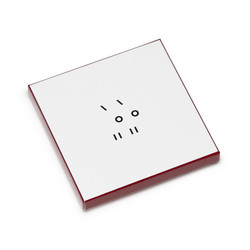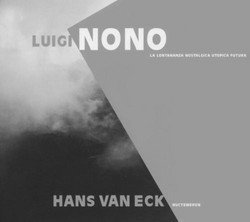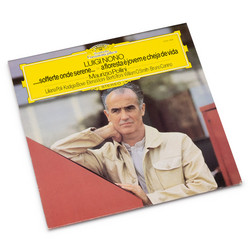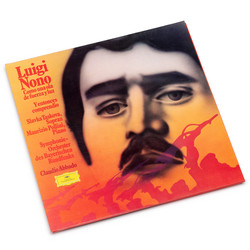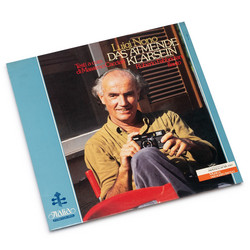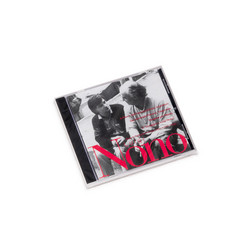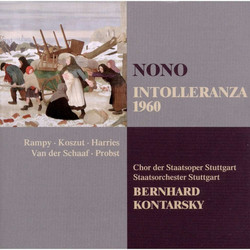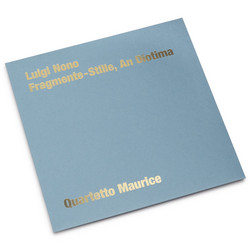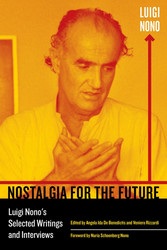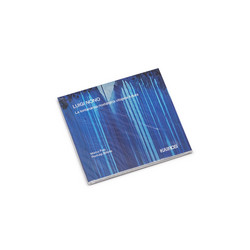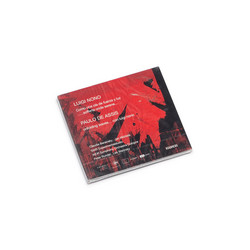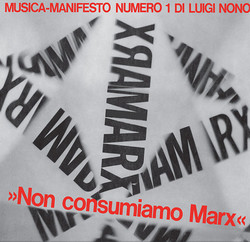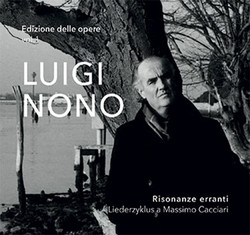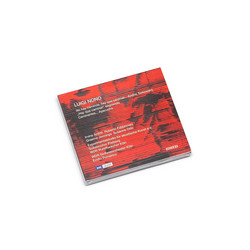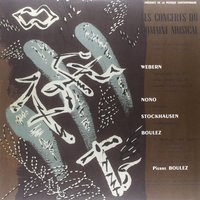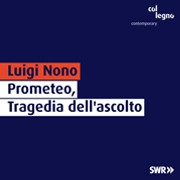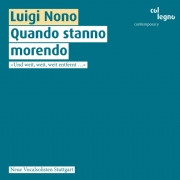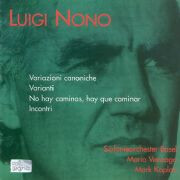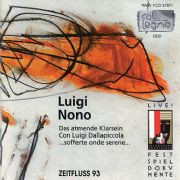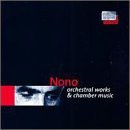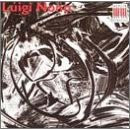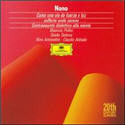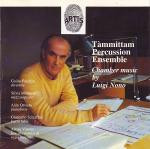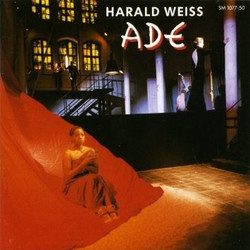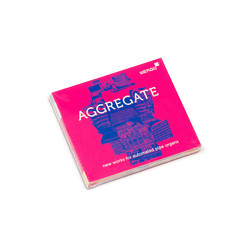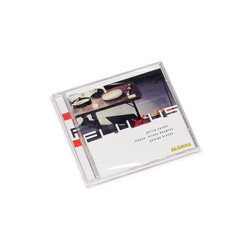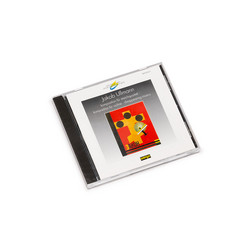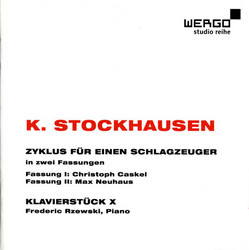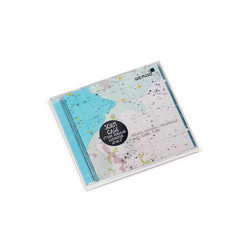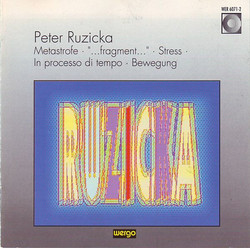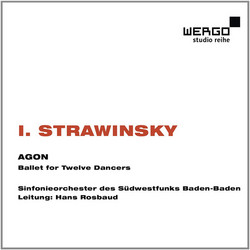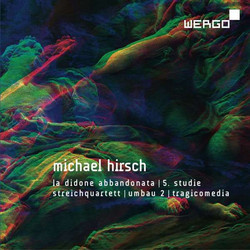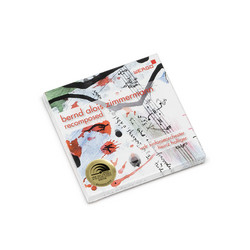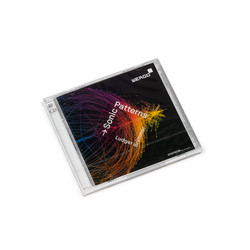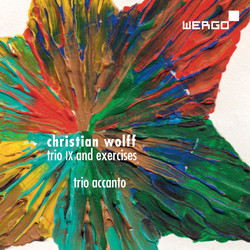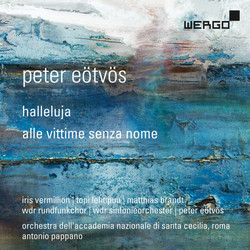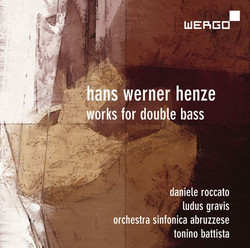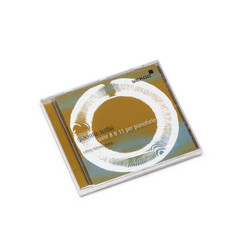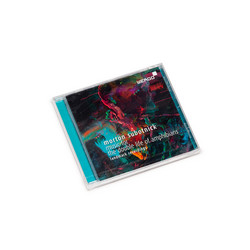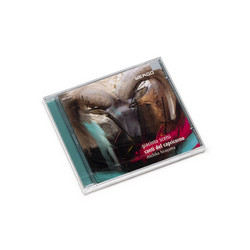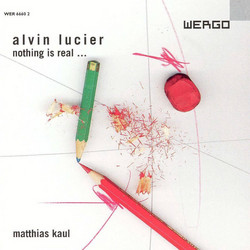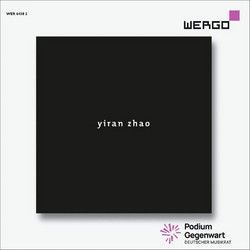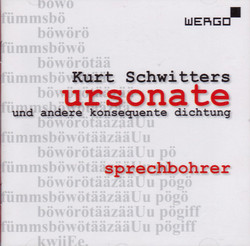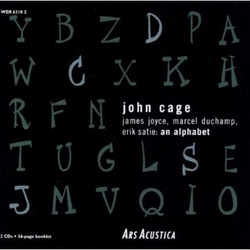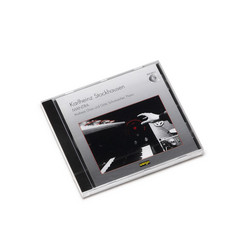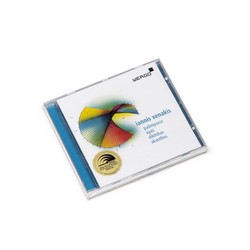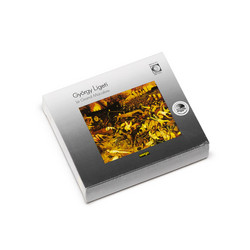Luigi Nono
La Fabbrica Illuminata / Ha Venido, Canciones Para Silvia / Ricorda Cosa Ti Hanno Fatto In Auschwitz
*2022 stock* Magnetic tape for serial use is not the prerogative of Stockhausen or the French members of the GRM. On the other side of the Alps, at the RAI Studio di Fonologia in Milan, Luigi Nono worked for a long time on the development of a new form of theatrical composition. In the 1960s, his research led to the creation of a series of works that are difficult to classify: A floresta è jovem e cheja de vida (1966), Y entonces comprendió (1969-70), but especially La fabbrica illuminata from 1964. This score, written for soprano and magnetic tape, uses a cassette of sounds recorded in a factory as material with political significance. Nono's musical thought develops in certain fundamental aspects. The use of vocal resources, of course (singers and actors chosen for their particular timbre or quality of bodily expression); the interaction between real voices and their recorded alter egos; the amplification of sound to highlight certain aspects of the composition (which would otherwise be difficult to perceive); the diffusion of sound from different spatial sources; and above all, the use of texts that bear witness to contemporary history. In this case, La fabbrica illuminata deals with the "factory of the dead" and underlines the poor working conditions that inevitably lead to accidents. The electronic device set up, by abandoning traditional musical expression in favor of more advanced technological means, is a step towards the denunciation of political power structures. The chorus of workers of the Genoese factory of the Italsider is associated with the voice of the soloist herself, industrial noises merging their combined expressiveness. It is Carla Henius who premiered it at the Venice Biennale: with this Wergo document, it is as if we were there!
On the other hand, the Milanese phonology studio also saw the gestation of significant works against the backdrop of revolution, exploiting the vocal spectrum to conjure up the specter of horror with Ricorda cosa ti hanno fatto in Auschwitz (1966), an electronic piece on the extermination of the Jews of Europe. Meanwhile, Ha venido: canciones para Silvia (1960) is a reading of a poem by Machado, reviving vocal polyphony with great clarity. In it, Nono endeavors to determine the internal articulation of sound aggregates: a vision of serialism that he would develop on an orchestral scale in the 1980s. A ferocious bias, a terrifying disc.
